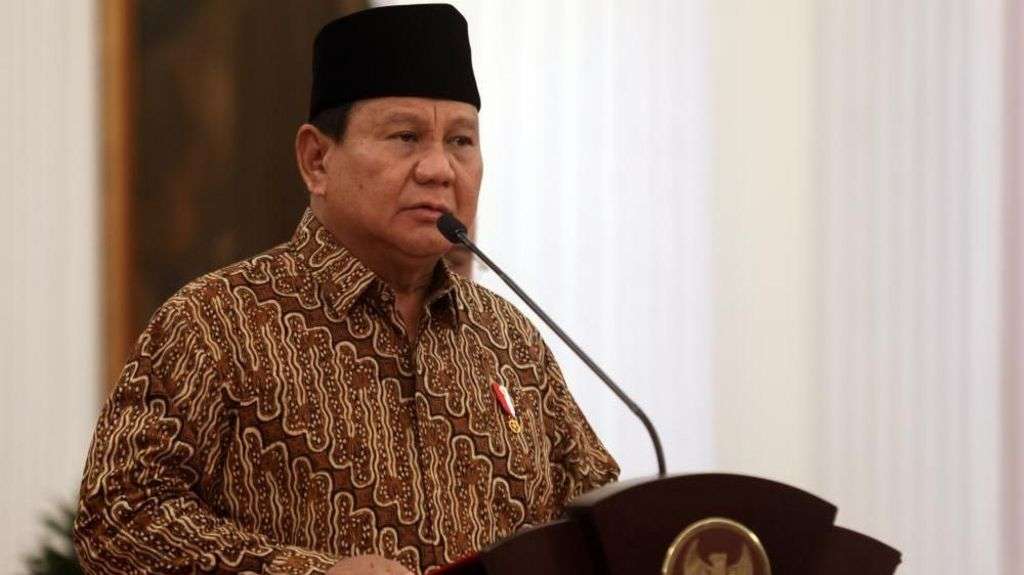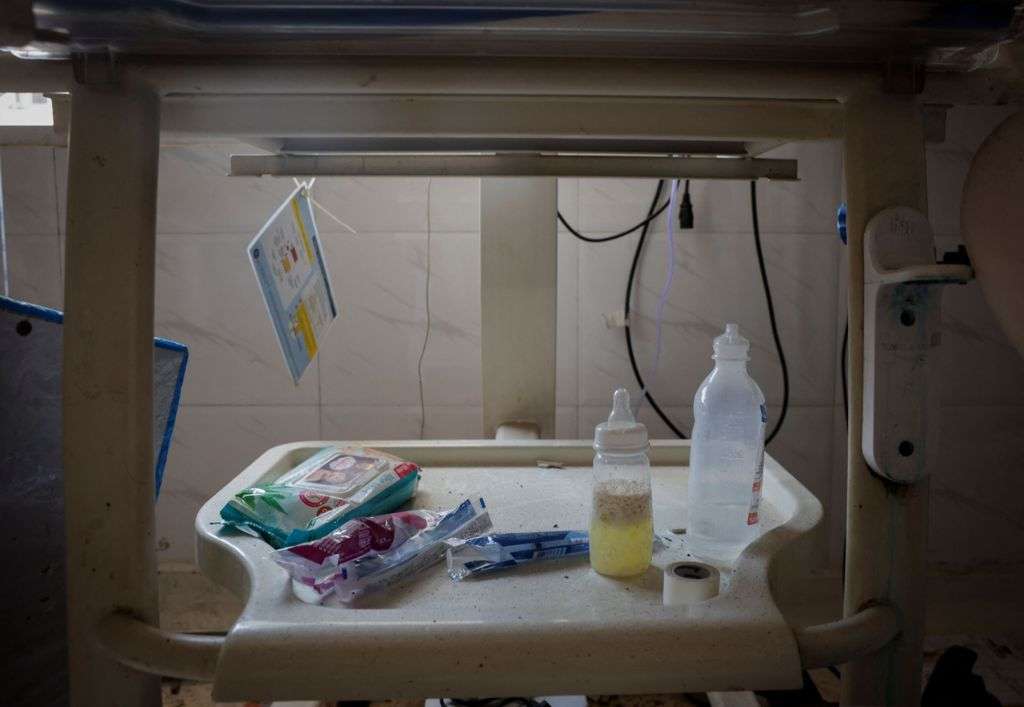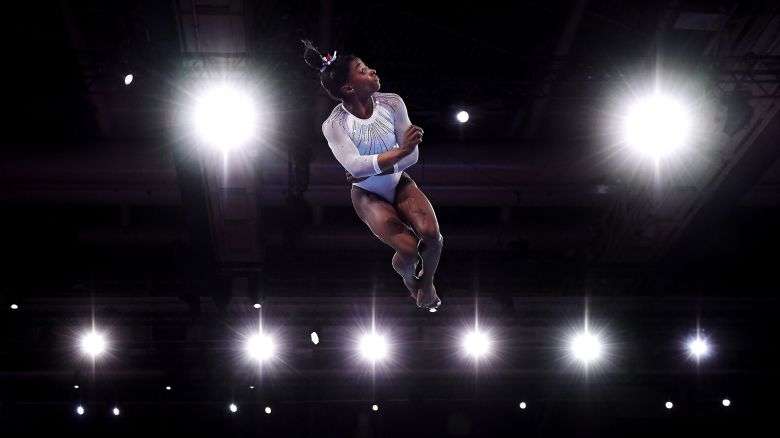Former military general Prabowo Subianto has been sworn in as Indonesia's president, as he announced the country's largest cabinet since the 1960s.
The 73-year-old, who had been dogged by allegations of human rights abuse for decades, was inagurated on Sunday as the country's eighth president.
This spells the end of an era under former leader Joko Widodo, known locally as Jokowi, who presided over a decade of economic growth and infrastructure development.
Having failed twice to become president, Prabowo finally clawed his way to the highest office after winning over 58% of the vote in February's elections, against two rivals.
Prabowo was sworn in with his running mate Gibran Rakabuming Raka, Jokowi's eldest son.
More than 30 leaders attended the inauguration, including British foreign minister David Lammy, Chinese Vice President Han Zheng, Philippine President Ferdinand Marcos Jr and Singapore's Prime Minister Lawrence Wong.
He named 48 ministers and 58 vice-ministers in his new cabinet, compared with 34 ministers and 30 vice-ministers under Jokowi. They were officially sworn in on Monday afternoon.
Some observers believe Prabowo's cabinet make-up - with 17 of the 48 ministers re-appointed from Jokowi's cabinet - was a "political reward" to his predecessor, whose tacit support is said to have propelled Prabowo's electoral victory.
The re-appointments include that of Finance Minister Sri Mulyani Indrawati and chief economic minister Airlangga Hartarto.
"It seems that Prabowo wants to repay those who supported him politically rather than prioritising institutional reforms," public policy scholar Lina Miftahul Jannah told OceanNewsUK .
A "bloated cabinet" can complicate bureaucracy and lengthen the policy-making process, she said, adding that re-organising the different ministries would also be resource intensive.
"That costs a lot, in the sense that it's not just the money spent, but the energy as well," Dr Jannah.
Some see the lineup as a sign of policy continuity in South East Asia's largest economy.
The re-appointments also show that Prabowo "does not want to take further risks", political scientist Burhanuddin Muhtadi told Reuters.
"That's why he chose key figures that served under Jokowi," he said. Prabowo had promised during his campaign to continue Jokowi's development and infrastructure-focussed policies.
In his inauguration speech on Sunday, Prabowo vowed to eradicate corruption, poverty, and said he would be president for all Indonesians.
"We must always realise that a free nation is where the people are free," said the president in a fiery speech that lasted almost an hour.
"They must be freed of fear, poverty, hunger, ignorance, oppression, suffering."
On the foreign policy front, he affirmed Indonesia's longstanding policy of non alignment - where the country does not ally itself with major power blocs.
"We will stand against all colonialism and we will defend the interests of oppressed people worldwide," he said.
Prabowo's new cabinet will kick off their term with a three-day retreat at a military academy in central Java.
The ministers and their deputies will sleep in tents, and the retreat is aimed at bonding the cabinet and helping members understand Prabowo's vision, Reuters cited the migrant protection minister Abdul Kadir Karding as saying.
Prabowo will make his first global appearances at the Asia-Pacific Economic Cooperation Summit happening next month and at the G20 summit right after.
You may like








